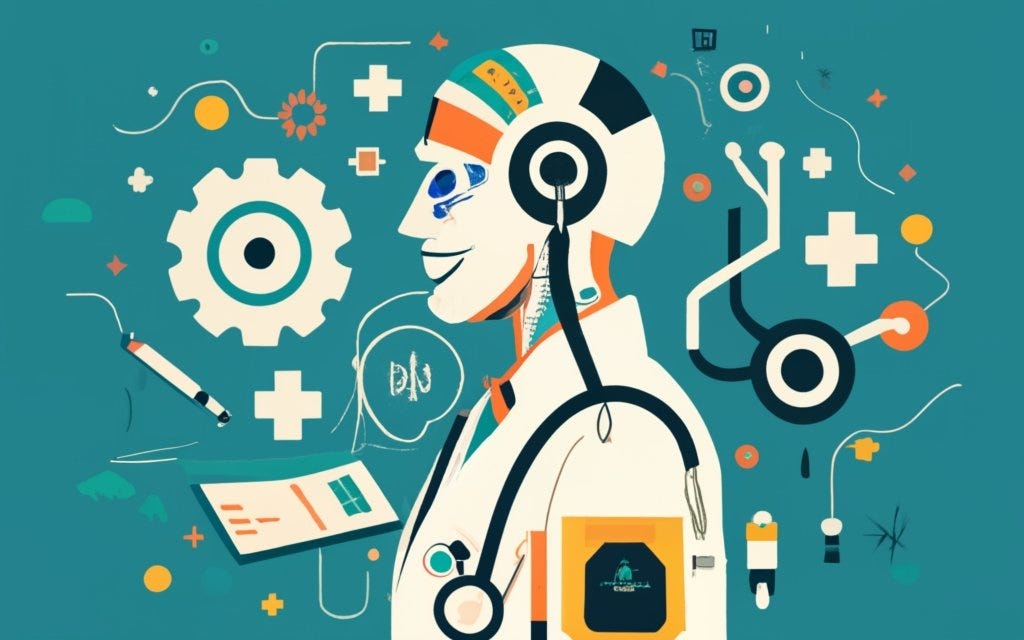Artificial Intelligence (AI) has emerged as a transformative force in many industries, and healthcare is no exception. One area where AI shows immense promise is in personalized medical treatments. By leveraging vast amounts of data and advanced algorithms, AI has the potential to revolutionize the way we diagnose and treat diseases, tailoring interventions to individual patients with unprecedented precision and efficacy.
Understanding Personalized Medicine:
Personalized medicine, also known as precision medicine, is an approach to healthcare that takes into account individual differences in genetics, environment, and lifestyle when designing treatment plans. Rather than using a one-size-fits-all approach, personalized medicine aims to deliver interventions that are tailored to the specific characteristics of each patient, maximizing therapeutic outcomes while minimizing adverse effects.
The Role of AI:
AI plays a crucial role in personalized medicine by analyzing large datasets to identify patterns, correlations, and insights that can inform personalized treatment strategies. Machine learning algorithms, a subset of AI, can sift through vast amounts of patient data, including genomic information, medical records, imaging studies, and even lifestyle factors, to generate personalized predictions and recommendations.
Applications in Disease Diagnosis:
In the realm of diagnosis, AI-powered tools can help healthcare providers identify diseases earlier and more accurately. For example, AI algorithms can analyze medical imaging scans, such as MRI or CT images, to detect subtle abnormalities that may be indicative of cancer, neurological disorders, or cardiovascular diseases. By flagging potential issues for further evaluation, AI can assist clinicians in making more informed diagnostic decisions.
Tailoring Treatment Plans:
Once a diagnosis is established, AI can help tailor treatment plans to individual patients based on their unique characteristics. By analyzing genetic data, AI algorithms can identify biomarkers associated with drug response or disease progression, allowing clinicians to select the most effective therapies for each patient. This approach not only improves treatment outcomes but also reduces the likelihood of adverse reactions and unnecessary interventions.
Drug Discovery and Development:
AI is also revolutionizing the process of drug discovery and development. By analyzing molecular structures, biological pathways, and clinical trial data, AI algorithms can identify potential drug candidates more efficiently and accurately than traditional methods. This accelerated drug discovery pipeline holds the promise of bringing novel therapies to market faster, addressing unmet medical needs and improving patient outcomes.
Challenges and Considerations:
Despite its immense potential, integrating AI into personalized medical treatments poses several challenges. Privacy concerns surrounding the use of sensitive health data must be addressed through robust data protection measures and ethical guidelines. Additionally, ensuring the reliability and interpretability of AI algorithms is critical to maintaining trust in AI-driven healthcare solutions.
As AI technologies continue to advance, the future of personalized medicine looks promising. By harnessing the power of AI to analyze complex biological data and develop tailored treatment approaches, healthcare providers can deliver more effective, efficient, and patient-centered care. Ultimately, AI in personalized medical treatments has the potential to transform the practice of medicine, ushering in a new era of precision healthcare.
Team T2S1.

